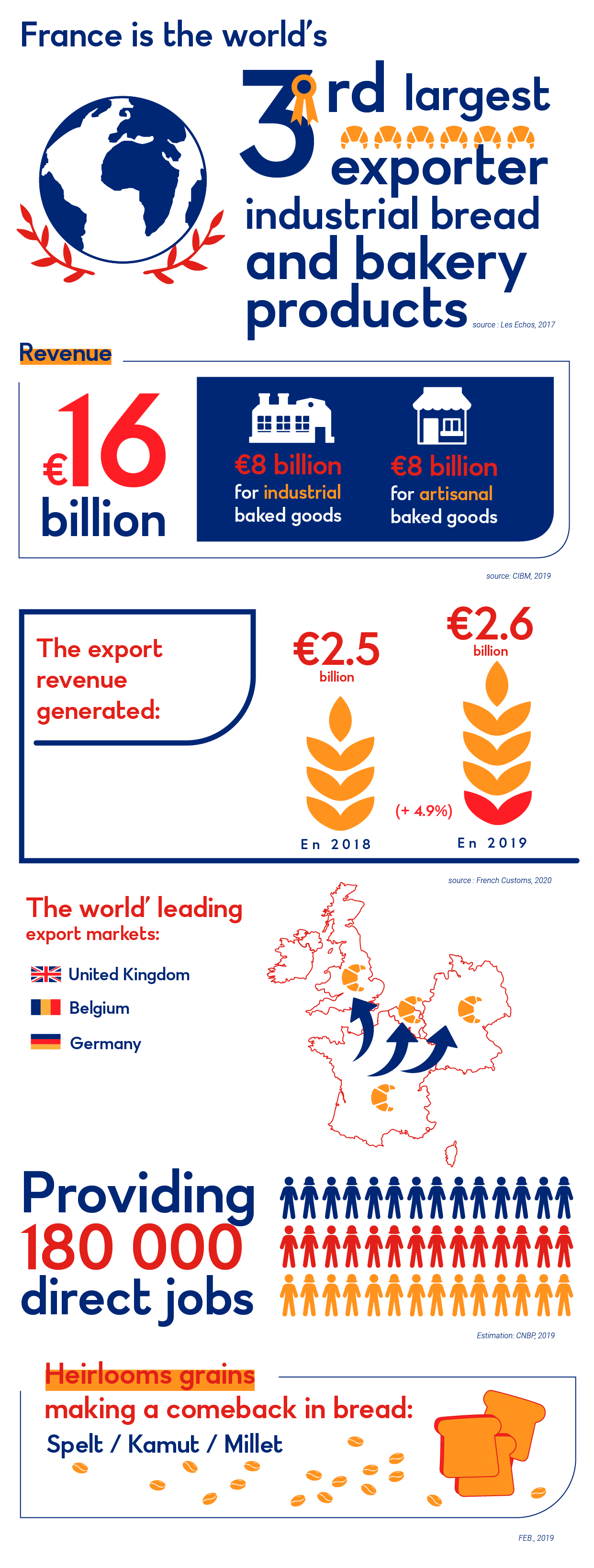The lines are being redrawn in the bread and bakery products sector. Driven by exports, the distinction between industrial and artisanal has become less pronounced.
A decade ago, quality was the exclusive domain of artisans. But industrials have made such dramatic progress in terms of taste that the industry has become synonymous with quality, and has been gaining ground. Rounding off that trend, for the sake of practicality, bakers have been calling on industrials more and more. And finally, prospects are excellent for vertically integrated companies that both produce baked goods and have their own direct-distribution network.
The development of snacking has dramatically altered the sector’s landscape as well. Sandwich consumption is soaring, and bakeries have adapted to that evolution. Many players are no longer settling for providing take-out sandwiches: more and more of them are offering a place to sit, hiring cooks, and offering meal-deals to promote sales all day long. In terms of equipment and material, the latest concepts are shared professional kitchens and renewable and biodegradable packaging.
“Overall, French savoir-faire is a recipe for success around the world.“
Our companies are constantly entering new markets, not only in North America and Asia, but in emerging nations, too. And “Made in France” is every bit as popular there.
Key figures of Bakery and Pastry sector in France
France is the world’s third largest exporter of industrial bread and bakery products.
Bakery and Pastry sector in France has a revenue of 16 billion euros, 8 billion euros for industrial backed goods and 8 billion euros for artisanal baked goods.
In 2019, the export revenue generated was 2.6 billion euros, that’s +4.9% compared to 2018.
The world’ leading export markets are : United Kingdom, Belgium and Germany.
Bakery and Pastry sector in France provides 180 000 direct jobs.
Heirlooms grains making a comeback in bread : Spelt / Kamut / Millet.


